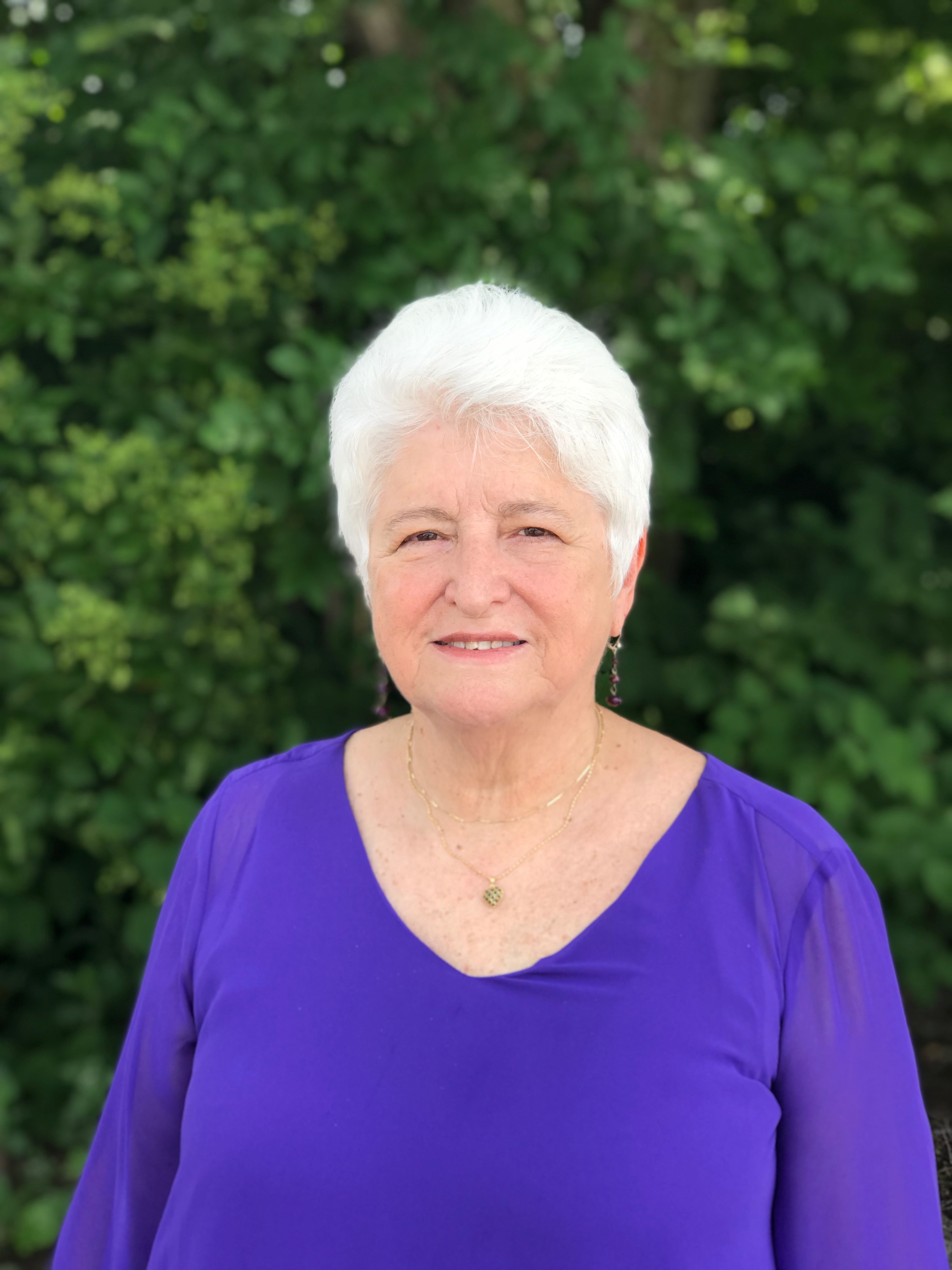 In 1999 when Georgia Miller invited a group of women to meet in the IUPUI library, none of them knew they were part of what would one day be called STEM. They were all women working in business IT or information systems roles; one or two women per company among many male employees. But the gender gap wasn’t the only potential Miller saw to draw the women in the room together.
In 1999 when Georgia Miller invited a group of women to meet in the IUPUI library, none of them knew they were part of what would one day be called STEM. They were all women working in business IT or information systems roles; one or two women per company among many male employees. But the gender gap wasn’t the only potential Miller saw to draw the women in the room together.
“My focus in education has been connecting business and academia,” Miller explained. “When I saw the room full of people and later heard from other women who couldn’t make it but wanted to meet again, I knew we had something of value. Business people don’t tend to stay engaged with academics. That combination is what really gave us the strength.”
After a few meetings, the group decided to officially organize as Women & Hi Tech, with Miller and fellow founding member, Joyce Boadt, serving as co-Presidents. “That’s not a great idea as a matter of practice, but we both had a technical side and a people side so it worked well for us. She was finding the biology and science pieces of the foundation. Because I was on the business side, I knew lots of people in business, education, and information systems.”
Miller skipped programming and went straight to the systems part of early information technology. “Systems thinking or systems perspective is the most useful tool I could give anyone,” she says. “You can’t make decisions in isolation without looking at the environment and the intended and unintended consequences of your decisions.” She believes the work of Women & Hi Tech today is directly related to the potential for better systems thinking. “STEM is how you expand the environment,” she said. “You can add data and science to every other industry in life. Informatics is how it came into shape at IU—this idea that information and use of analytics around data is part of every profession.”
Miller was hired in a tenure track position at IU Bloomington Kelley School of Business in 1976. At that time, she and two other women hired the same year were the first women to ever be hired to tenure track positions in the School. After the first years, she integrated Business School administration with faculty roles, and in 1993 she made a transition to the administrative side of academia. Georgia became the Executive Director of Integrated Technologies at IUPUI and transitioned through four other roles before transferring to IUPUC in Columbus. In 2010, she was awarded Outstanding Woman Full-Time Faculty Leader at IUPUI, and on her retirement from IU in 2016 the Business Advisory Committee created a scholarship in her name for students who exemplify systems thinking skills.
When asked to reflect on the lessons of her over 40-year STEM career in Central Indiana, Georgia says “The thing that has been most important to me is mentoring. Encouraging young women to find a home that works in their world.” She has been amazed and proud to see the strides in outreach that Women & Hi Tech has made to mentor women & young girls and believes that the organization will continue to facilitate opportunity for all backgrounds.
“As our group has grown right along with the importance of STEM, our recognition of all the categories that includes has been impressive. I know we will continue to intentionally seek opportunities to recognize and encourage those from business and academic backgrounds, to promote members of all genders, creeds, and walks of life,” Georgia said. “The organization is doing an amazing job of this already and is only headed to greater heights. We all want the same thing in our hearts and now have to model the behavior of integration so it’s no longer women vs men, us vs them, but a community where we all work together.”
LinkedIn Profile